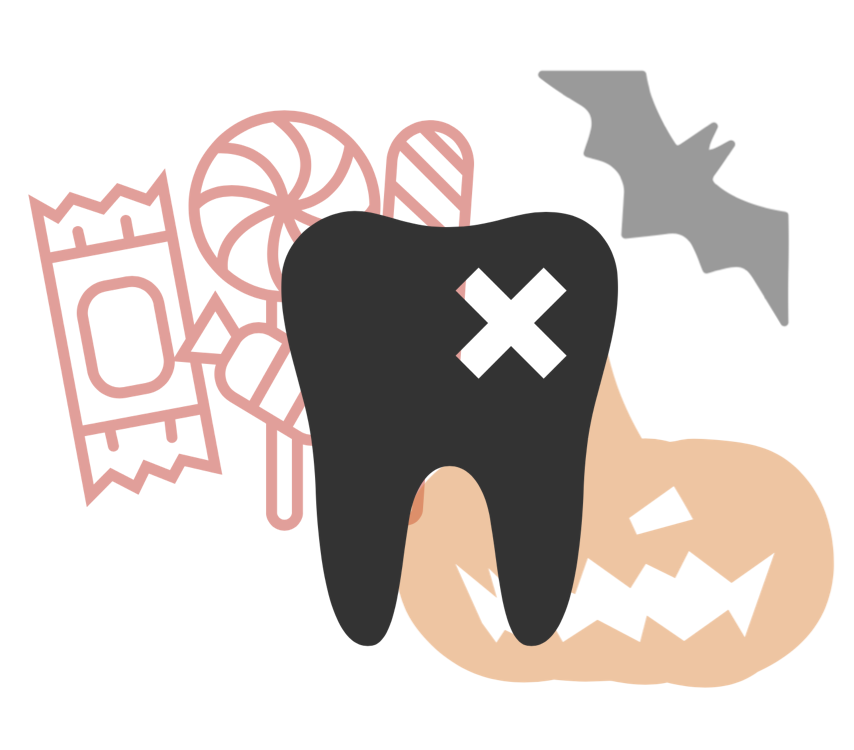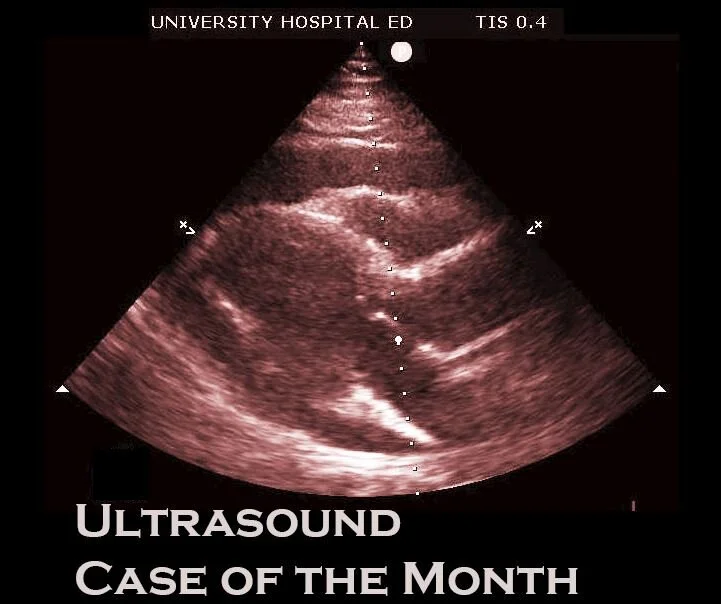Opioid Withdrawal Therapy: Autonomic Hypersensitivity Tamed
/Opioid withdrawal is a common presenting complaint in the emergency department. As opioid use disorder prevalence continues to increase, opioid withdrawal will continue to increase as well. Join Dr. Stark to review the mechanism and treatment options for Opioid Withdrawal Syndrome!
Read More












